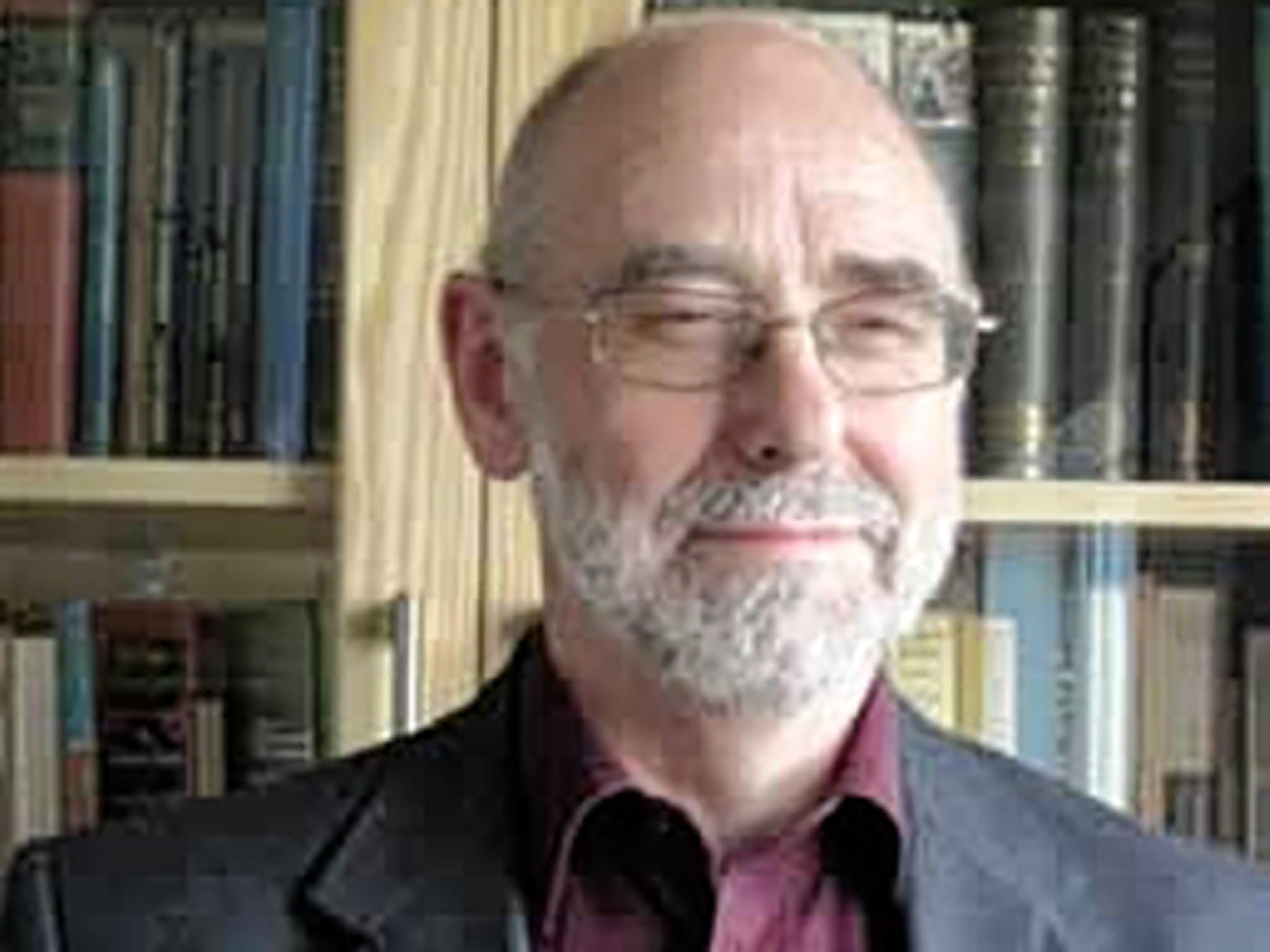Professor Philip Ford: Scholar of the Renaissance

Philip Ford, Professor of French and Neo-Latin Literature at the University of Cambridge, was a distinguished scholar of Renaissance literature and culture. He enriched the study of French Renaissance literature with his interest in neo-Latin literature and the reception of ancient Latin and Greek literature in early modern Europe.
He was born in Ilford in 1949 and attended Ilford County High School. He went up to King's College, Cambridge, in 1968 to read Modern and Medieval Languages, taking the unusual combination of French, Latin, and modern Greek. The blending of classical and modern languages and cultures was to set the tone for his career.
In 1972 he embarked on research for a PhD under the supervision of Professor ID McFarlane, in the then little cultivated field of neo-Latin (the Latin-language writing of the Renaissance, which enjoyed high prestige and exerted great influence in its time). He finished his thesis in four years, a feat much less common then than now, and followed it with a master's degree at the University of Bordeaux. In 1977 he was elected to a Research Fellowship at Girton College, Cambridge but held it for only a year before taking up a Lectureship in French at Aberdeen University.
In 1981-82 he returned to Cambridge as an Assistant Lecturer (then the normal position for a junior academic), and in 1982 became a Fellow of Clare College and Director of Studies in Modern Languages. He was confirmed in post as a Lecturer in 1986, ascending to a Readership in 1999 and a personal Professorship in 2004.
He combined research and teaching with other academic commitments in his College, Faculty and University. His wisdom, energy, shrewdness and collegiality qualified him well for such tasks, but his productivity as a researcher might have been excusably reduced as a result. Yet looking at his research record one might assume that he must have been free of administrative burdens. A major monograph on the poetry of Ronsard (Ronsard's Hymnes: A Literary and Iconographical Study, 1997) followed critical editions of George Buchanan, the great Scottish neo-Latin poet and Alexandre Hardy, a major early 17th-century playwright, and was followed by De Troie à Ithaque: Réception des épopées homériques à la Renaissance (2007), in which he studied how the Iliad and Odyssey impacted upon the literary and intellectual culture of France in the 16th century.
His final monograph, The Judgement of Palaemon: The Contest between Neo-Latin and Renaissance Poetry in Renaissance France (2013) may be seen with somewhat melancholy hindsight as the summation of a lifetime's engagement with the relationships between French and Latin in early modern culture. But in addition to his sole-authored monographs (not to mention the many articles and book chapters) he produced an awe-inspiring number of edited books, many based on the proceedings of conferences he had organised. In a long series of Cambridge French Colloquia starting in the mid-1980s he assembled, with the help of colleagues in the French Department, the leading specialists of early modern French literature from France, North America and Britain for intellectual encounters that constantly broke new ground: conferences on women writers, the relations between poetry and music, and conceptions of masculinity were instances of this innovative approach.
The last of these conferences explored the Montaigne Library, an extraordinary collection of books connected with Montaigne's life and times, some actually owned by Montaigne. Ford was instrumental in bringing this collection to Cambridge. A superb collaborator and enabler, he was active in a host of learned societies in Britain and abroad, often as president. He was elected as a Fellow of the British Academy in 2009; he had already become a Chevalier and then an Officier in the Ordre des Palmes Académiques in France.
He was also the most committed and generous of teachers, loved and admired by undergraduates and postgraduates. As a colleague he was superb, capable of leading or supporting as the situation required, using his wide experience to guide discussion and action. His good humour and cheerfulness were unfailing, as were his kindness and generosity to all.
In March this year he was diagnosed with terminal cancer. The loss to Cambridge and to French studies in Britain and abroad is great.
Philip John Ford, French and Latin scholar: born Ilford 28 March 1949; Professor of French and Neo-Latin Literature, Cambridge University 2004-; married 1982 Lenore Muskett (one son); died 8 April 2013.
Subscribe to Independent Premium to bookmark this article
Want to bookmark your favourite articles and stories to read or reference later? Start your Independent Premium subscription today.

Join our commenting forum
Join thought-provoking conversations, follow other Independent readers and see their replies